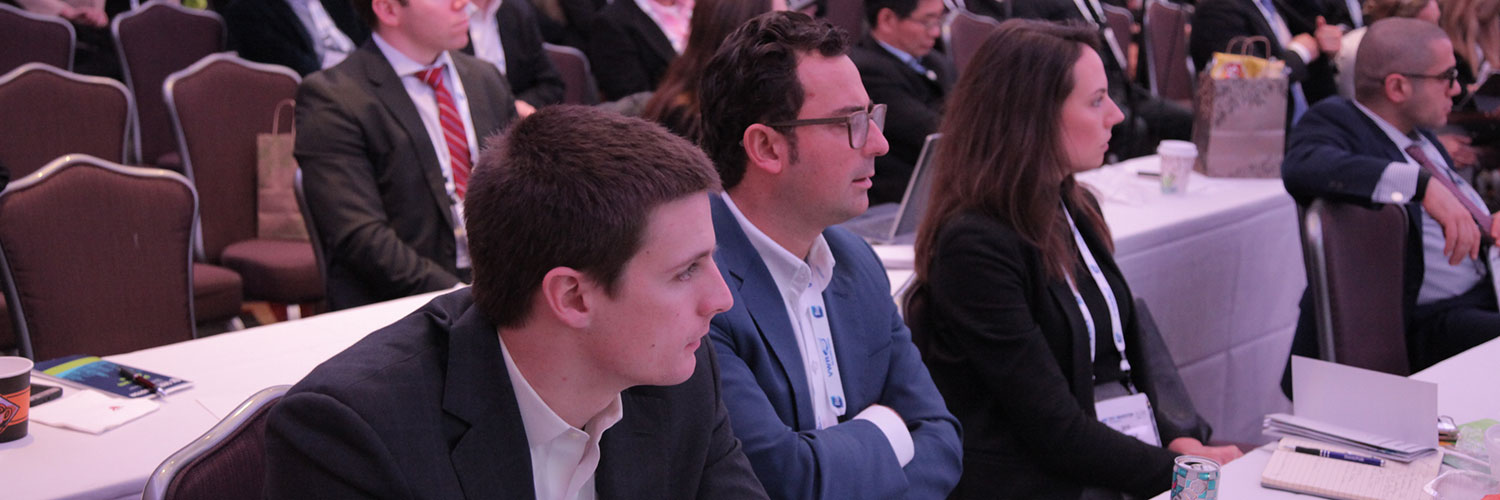
BIOtech Now
Brian Newell

It’s a first-of-its-kind gene therapy ever approved by the U.S. Food and Drug Administration, marking yet another critical milestone in the era of modern medicine. Known as Luxturna, the treatment was developed by Spark Therapeutics to tackle a rare genetic defect that leads to one devastating outcome: total blindness.
Jeffrey Marrazzo, Spark’s chief executive officer, noted that approval of Luxturna was a “moment decades in the making for the field of gene therapy, the inherited retinal disease (IRD) community, and most importantly, patients …” But the development and approval of the revolutionary drug is only part of the story.
With a list price for the one-time therapy set at $850,000, an important challenge Spark faced was ensuring patients had affordable access to the treatment. During a fireside chat held at the 2018 BIO CEO and Investor Conference, Marrazzo outlined the innovative steps Spark embarked upon to do just that.
It wasn’t easy. A monumental task was assessing the value of treating a rare disease that imposes tremendous costs on patients, caregivers and society through ways not traditionally tied to the health care system, such as educational barriers and lost workplace productivity.
According to Marrazzo, the questions Spark had to answer were, “What is it worth for a family; what is it worth for a patient; what is it worth for society to have a therapy that’s a one-time therapy that has the prospect to be long-lasting—if not a life-long benefit—that we could actually capture and show that had tremendous value to the patient, family and society as a whole?”
Marrazzo added, “We took the task to try and model that from an economic perspective,” looking at both direct health care costs and indirect health care costs. Once Spark determined te value of the treatment, it then developed three innovative solutions to ensure patients had access with out-of-pocket costs they could afford.
Among those innovative solutions was an outcome-based agreement with insurer Harvard Pilgrim. Under the agreement, Spark will provide a rebate to the insurer if Luxturna does not show signs of effectively helping patients after both 30 days and 30 months of receiving the treatment. Spark is also working with the Centers for Medicare & Medicaid Services on overcoming existing regulatory barriers that would allow the agency to pay for the treatment over an extended period of time.
As Marrazzo said earlier this year, “We are striving to bring the same level of innovation applied in development to the delivery of, and access to, this product.” This is critical not only for patients who will receive this innovative treatment, but also critical for future biopharmaceutical innovation. The revenues generated through the sales of Luxturna will help fuel other biopharmaceutical R&D underway at Spark, including the company’s ongoing work to discovery novel therapies for patients with hemophilia and Pompe’s disease.
Spark’s story demonstrates how innovation is at the center of what the biopharmaceutical industry is all about: discovering new cures and treatments for patients and working to help ensure these treatments are affordable for those who need them.
Powered by WPeMatico

